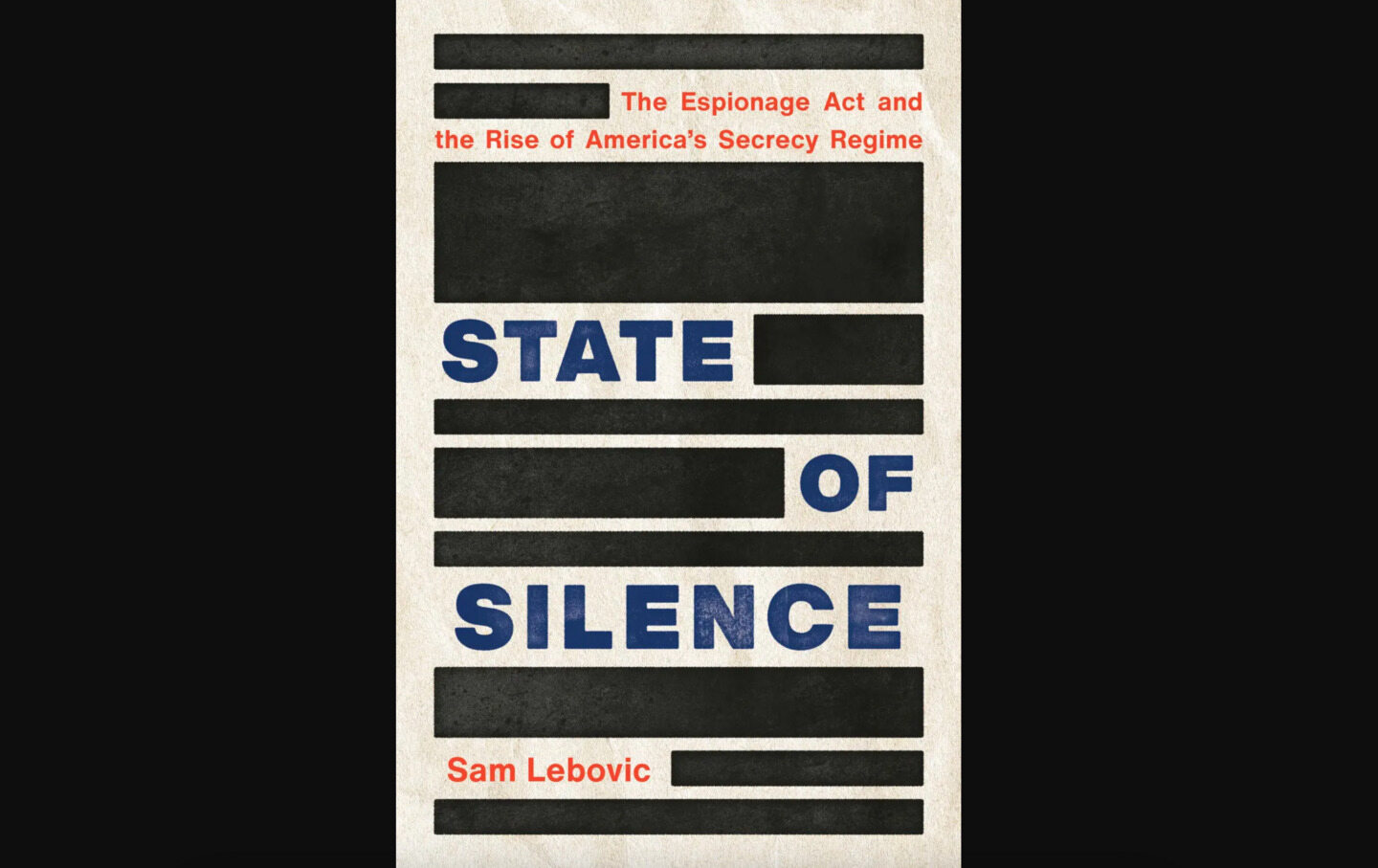The Ever-Evolving Espionage Act
On this episode of American Prestige, Sam Lebovic on America’s burgeoning secrecy regime.

Here's where to find podcasts from The Nation. Political talk without the boring parts, featuring the writers, activists and artists who shape the news, from a progressive perspective.
On this episode of American Prestige, Sam Lebovic, professor of history at George Mason University, joins Danny and Derek for a look at the Espionage Act of 1917 and its use over the years. In this first part of the discussion, they explore the dominant ideologies at the time of its inception, its implementation in cases from Eugene Debs to Herbert Yardley, the law’s effect on whistle-blowing, America’s burgeoning “secrecy regime”, how the interpretation shifted from the early years of the Act’s existence, and more through World War II.
Subscribe to American Prestige on Patreon to hear the second part of this discussion on our Sunday bonus episode!
Sam’s book is State of Silence: The Espionage Act and the Rise of America's Secrecy Regime.
Advertising Inquiries: https://redcircle.com/brands
Privacy & Opt-Out: https://redcircle.com/privacy

State of Silence: The Espionage Act and the Rise of America’s Secrecy Regime.
On this episode of American Prestige, Sam Lebovic, professor of history at George Mason University, joins us for a look at the Espionage Act of 1917 and its use over the years. In this first part of the discussion, they explore the dominant ideologies at the time of its inception, its implementation in cases from Eugene Debs to Herbert Yardley, the law’s effect on whistleblowing, America’s burgeoning “secrecy regime,” how the interpretation shifted from the early years of the act’s existence, and more through World War II.
Sam’s book is State of Silence: The Espionage Act and the Rise of America’s Secrecy Regime.

Here's where to find podcasts from The Nation. Political talk without the boring parts, featuring the writers, activists and artists who shape the news, from a progressive perspective.
On this episode of American Prestige, Danny and Derek speak with Jeff Stein, White House economics reporter for The Washington Post, about his series on US sanctions for the Post, "The Money War". They talk about the function of economic sanctions for the US and how that's changed over time, broader cases like Iran to targeted ones like Russian businessman Viktor Vekselberg, how sanctions can "disconnect" war from the public, the humanitarian impact, and more.
Advertising Inquiries: https://redcircle.com/brands
Privacy & Opt-Out: https://redcircle.com/privacy
